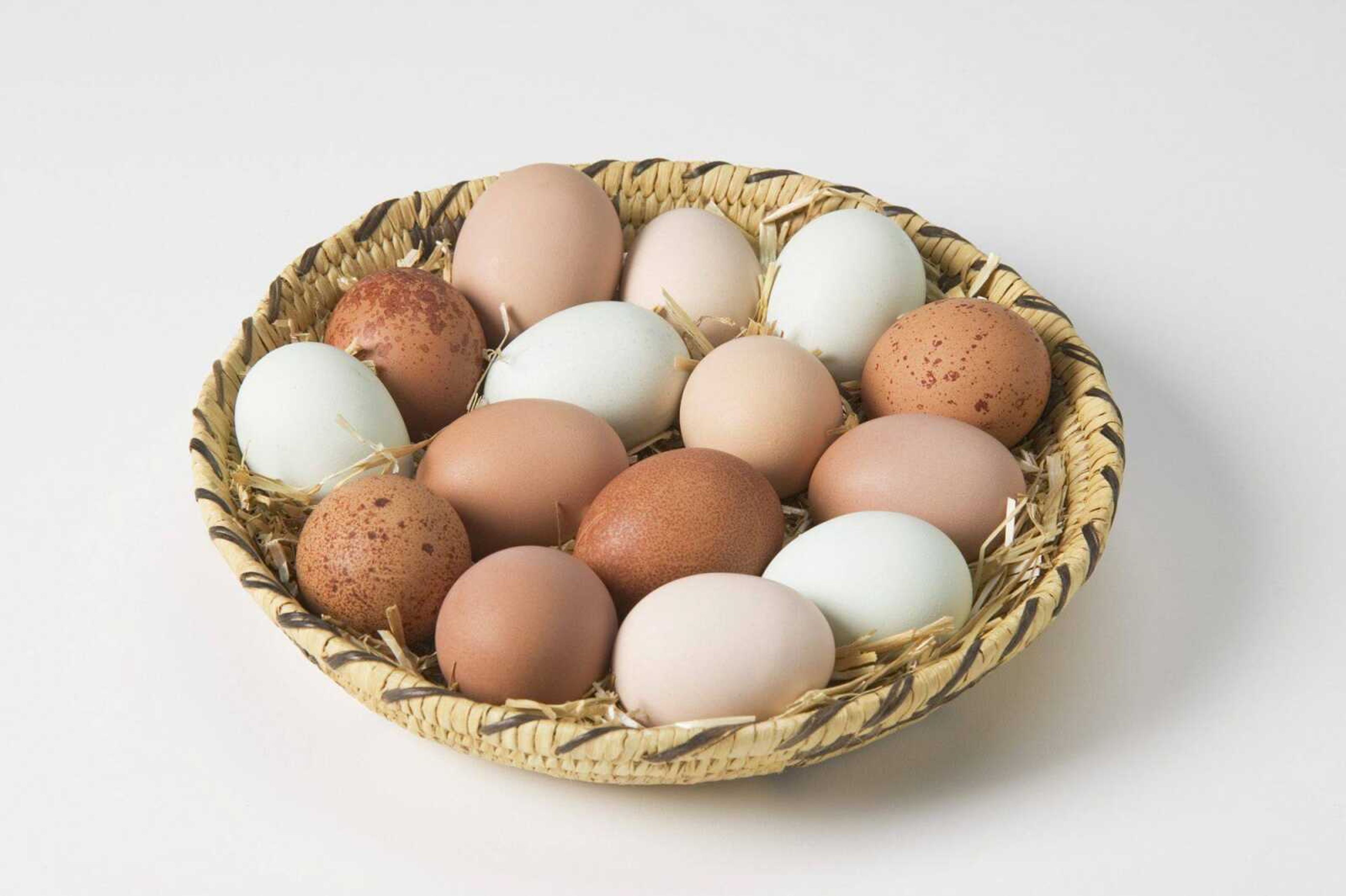Myth informed: A dozen food 'truths' don't hold water
Sifting through the rumors of the food pantry can be confusing. Jeannie Gazzaniga Moloo, spokeswoman for the American Dietetic Association, is on a mission to squelch myths. Here 12 common beliefs are put to rest by Moloo and local sources...
Sifting through the rumors of the food pantry can be confusing.
Jeannie Gazzaniga Moloo, spokeswoman for the American Dietetic Association, is on a mission to squelch myths. Here 12 common beliefs are put to rest by Moloo and local sources.
Myth: Eating sugar causes diabetes.
Fact: This is what diabetics were told a long time ago, said dietitian Janet Anders at Fitness Plus.
Diabetes is the result of the body either not making enough insulin or the body's cells not responding to insulin.
Myth: Eating carbohydrates causes weight gain.
Fact: This is true and false, Anders said. Carbohydrates are not "evil." A diet too high in calories is what contributes to weight gain, no matter where those calories come from.
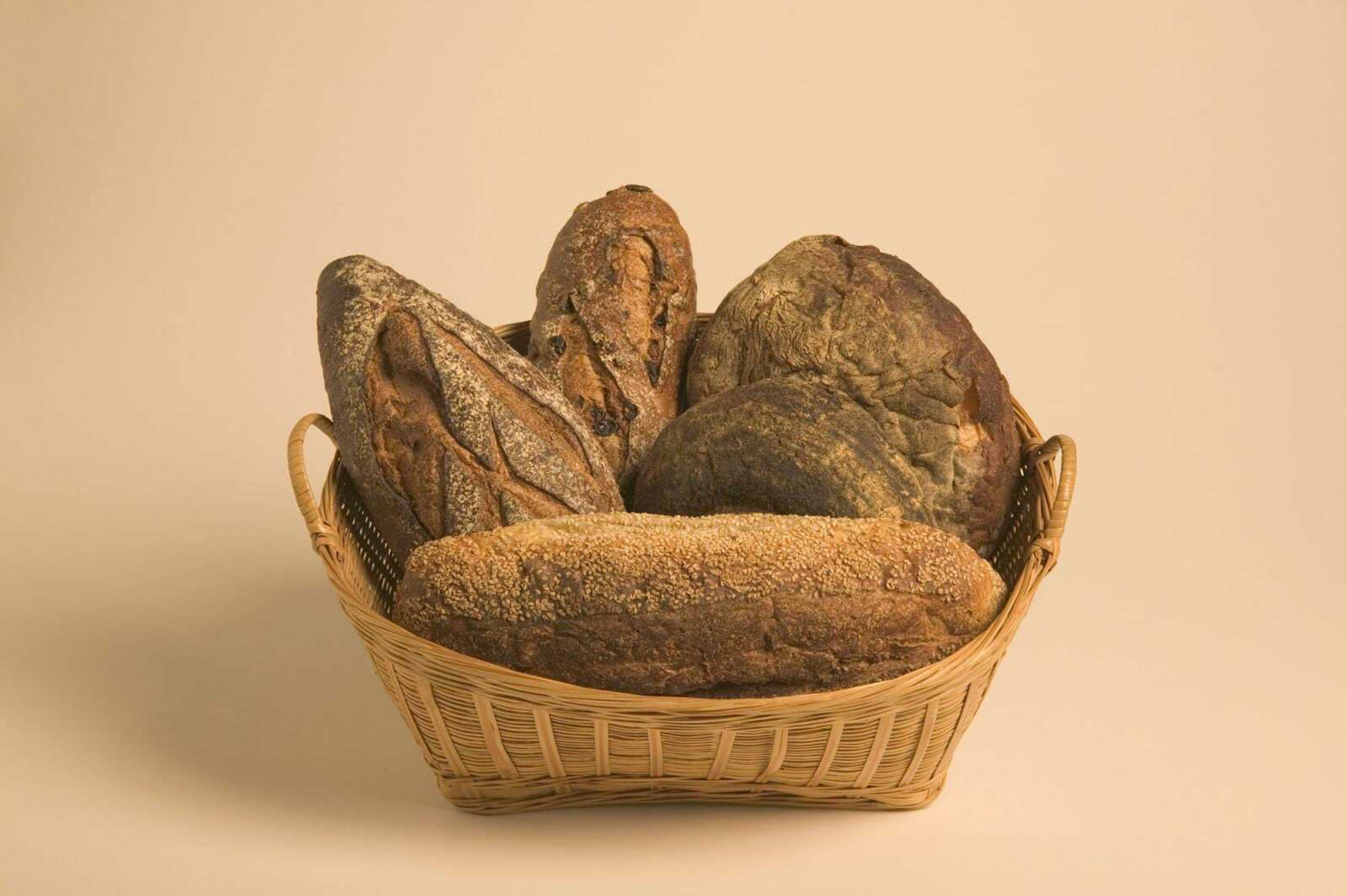
"If you eat more calories than you burn off, you will gain weight regardless of what food you get your calories from. It sounds weird, but if you eat buckets and buckets of broccoli past your calorie needs you will gain weight," she said.
Myth: Eating after 8 p.m. causes weight gain.
Fact: According to Moloo and the ADA, it's not when you eat, but how much you eat that causes weight gain. Some people find that not eating after a certain time in the evening helps with weight control. It works because they are limiting their calories for the day, not because calories are metabolized differently.
Myth: Fresh fruits and vegetables are healthier than frozen or canned.
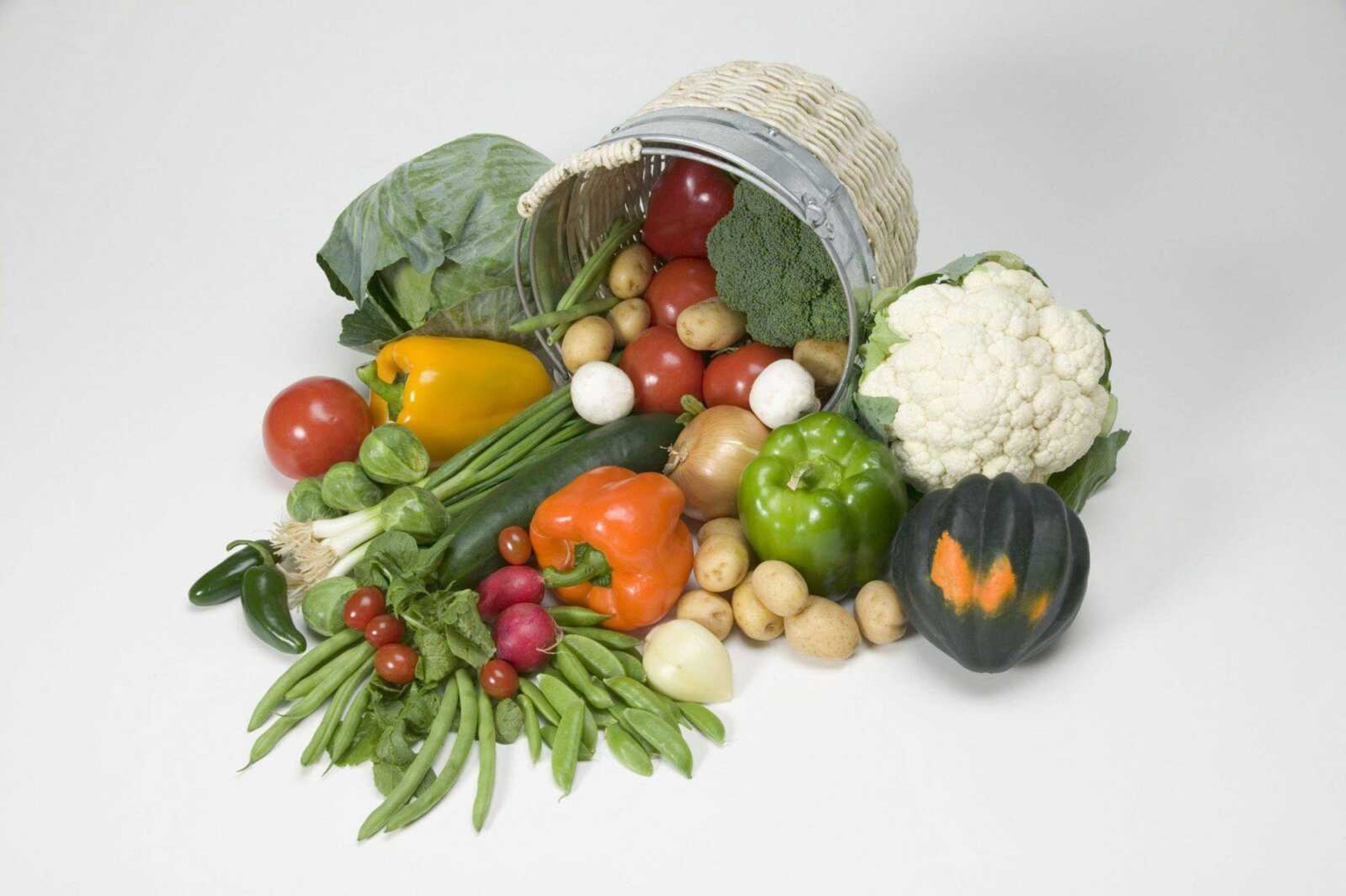
Fact: Canned or frozen fruits and vegetables are often flash frozen or quickly canned after harvest so they retain most of their nutrients. Fresh fruits and vegetables often will lose some of their nutrients while sitting in grocery stores or in your refrigerator.
Myth: Most sodium in people's diets is from salt added while cooking or at the table.
Fact: About 77 percent of the sodium in Americans' diets is from processed foods. The Dietary Guidelines for Americans recommends 2,300 milligrams of sodium a day for most adults and 1,500 milligrams a day for African Americans, people with hypertension and older people.
"It is important to note, though, that just 1/4 teaspoon of salt contains 500 mg of sodium," Anders said.
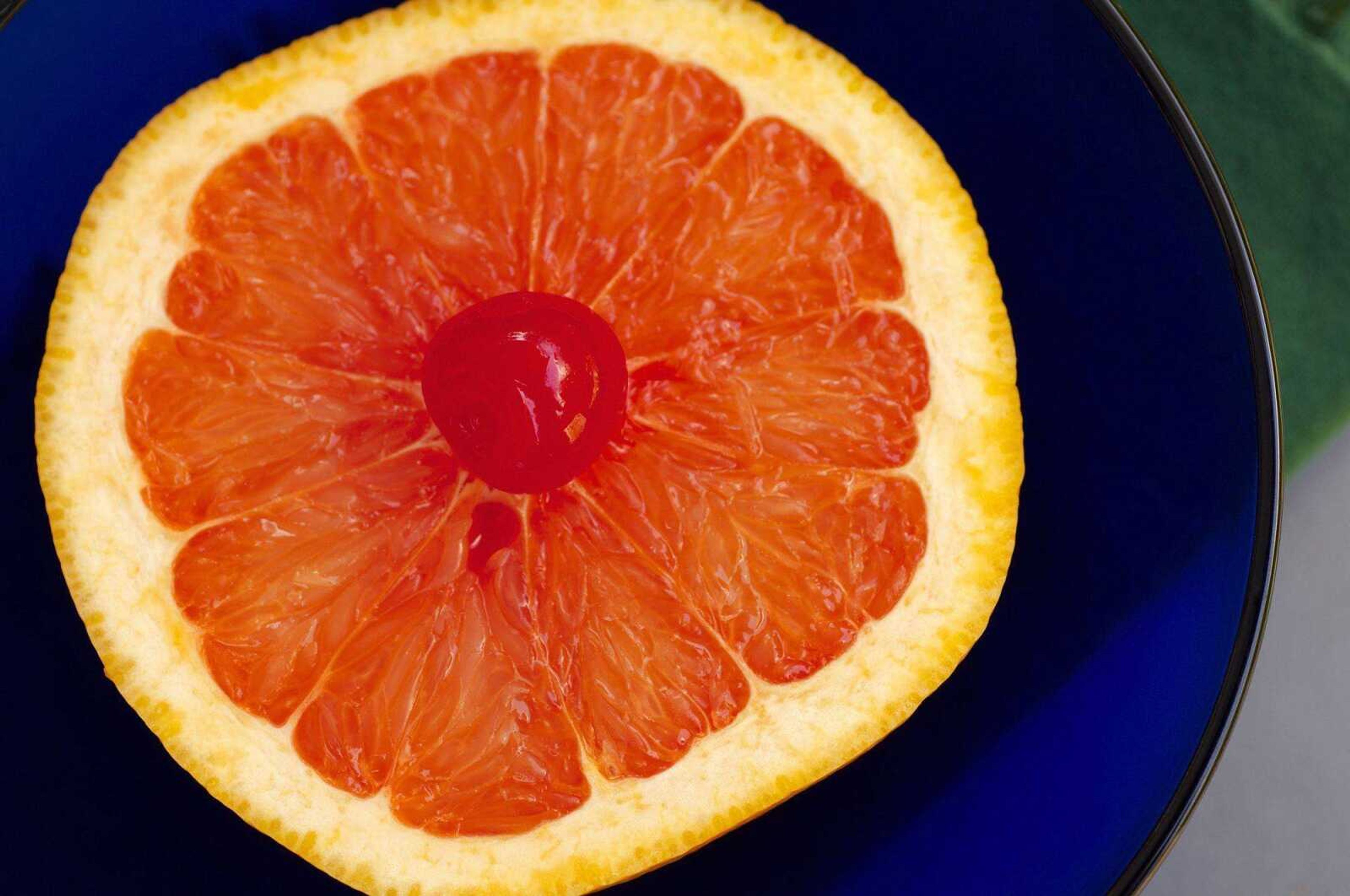
Myth: Sea salt is healthier than table salt.
Fact: Even though sea salt is often promoted as a healthful alternative to ordinary table salt, the sodium content is comparable; and the small amount of other minerals offers no known health advantages, according to the ADA "Complete Food & Nutrition Guide 2006." As with other salts, it says sea salt should be used judiciously.
Myth: Brown eggs are more nutritious than white eggs.
Fact: Egg shell color has nothing to do with nutrient value of an egg. White hens lay white eggs, and brown hens lay brown eggs.
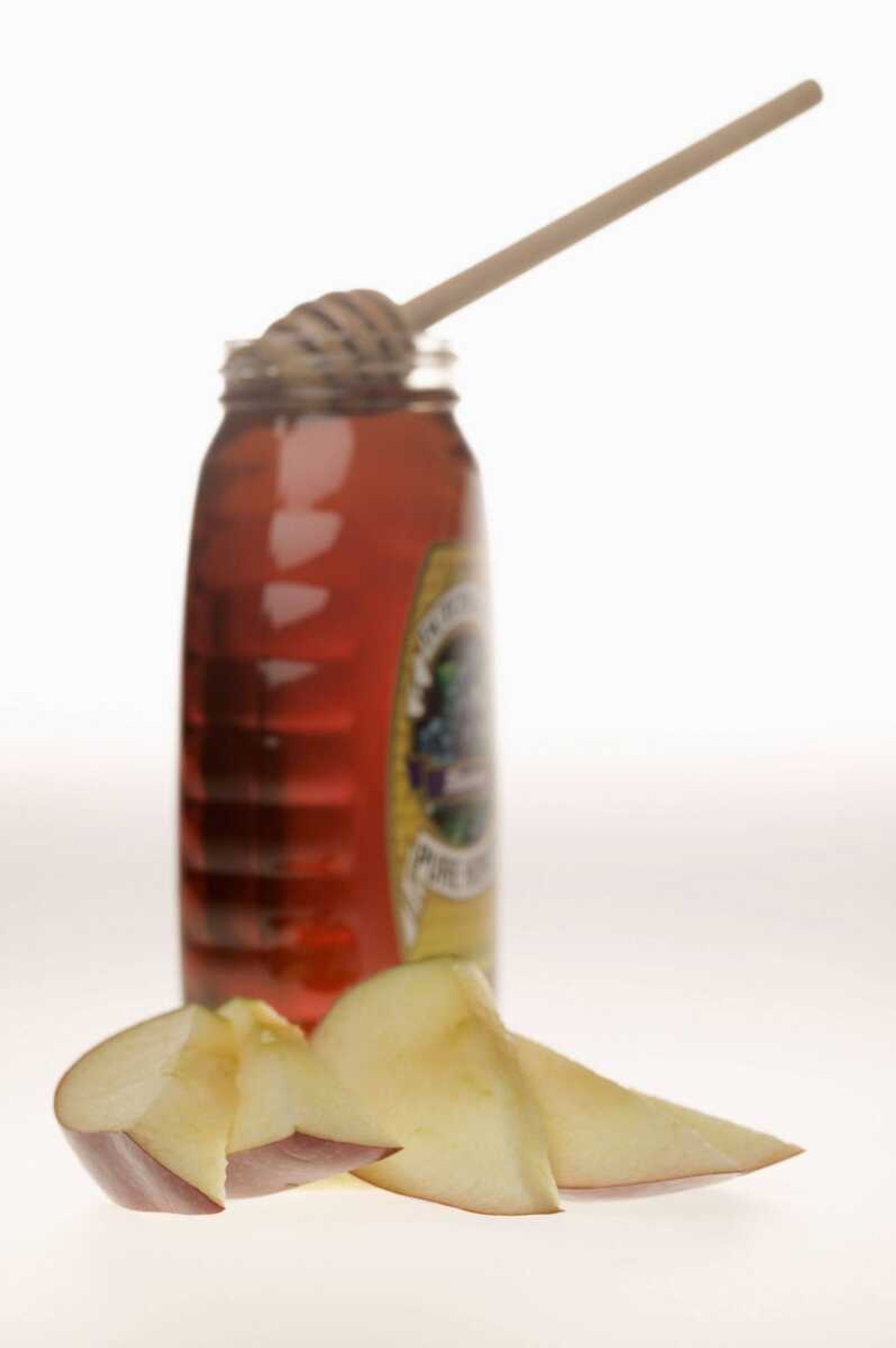
Myth: Brown sugar is healthier than white sugar.
Fact: Brown sugar is refined white sugar with molasses added. The darker the brown sugar, the more molasses it contains. The molasses adds some minerals, but you would have to eat a lot of brown sugar to gain any significant benefit.
Myth: A label that says 95 percent fat-free means only 5 percent of the calories come from fat.
Fact: A product advertised as 95 percent fat-free means that 5 percent of the total weight is fat. The calories from fat could still be high. For example, 95 percent fat-free ground turkey might have 8 grams of fat per 170 calorie serving which translates to 42 percent of the calories from fat.

Myth: Honey is better than white sugar because it is natural.Fact: Honey does contain antioxidants and some nutrients that white sugar does not, but in very small amounts. You would have to eat a lot of honey to gain a significant benefit. In addition, honey has 60 calories per tablespoon compared to 46 calories for sugar.
Connect with the Southeast Missourian Newsroom:
For corrections to this story or other insights for the editor, click here. To submit a letter to the editor, click here. To learn about the Southeast Missourian’s AI Policy, click here.
